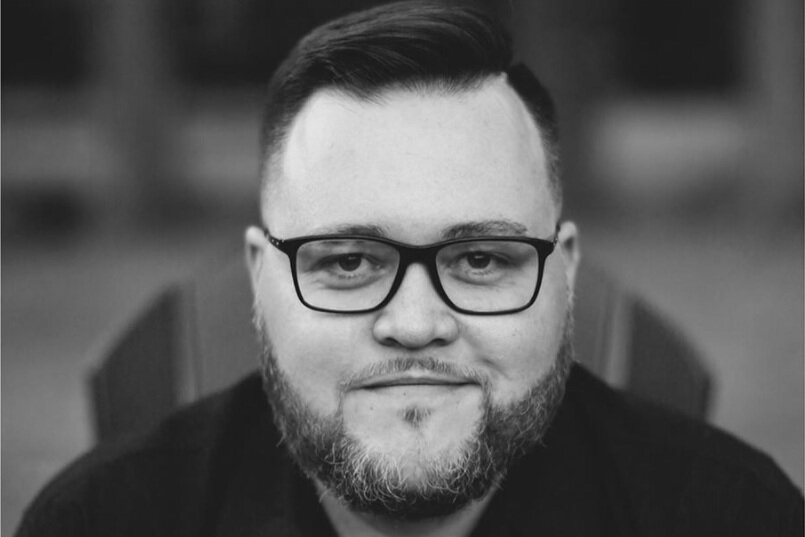View on our Facebook page Live, or website home screen…
A timely and extraordinary one-off conversation exploring the Neurology of Power and its impact on each of us, right now. Led by Cultural Thinker Suzanne Alleyne, and joined by Festival neurologist Tim Rittman, LA based psychiatrist Dr Joy Jones and Dr Jerome D. Lubbe of thriveneuro.com fame.
Dr. Jerome Lubbe is referred to as the “Patient Doctor” because it was his own quest for neurological wellbeing that led him to specialise in complex, unresolved neurological cases. He specializes in childhood developmental disorders, vestibular rehabilitation, movement disorders, concussion and brain injury rehabilitation. His practice explores how functional neurology, neuroplasticity, and tools like the Enneagram can improve holistic wellbeing.
Timothy Rittman is a Consultant Neurologist and a Neuroscientist at the University of Cambridge. He has a particular interest in rare types of dementia, and researches how to understand dementia using brain imaging and big data analysis. He has been Scientific Adviser to the Normal? festival since 2015. Tim is an adviser to the World Young Leaders in Dementia Steering Group, and co-lead of the DEMON dementia network Imaging Working group.
MEET THE TEAM:
Suzanne Alleyne (picture to the left) is a Cultural Thinker working at the intersection of academic research, business and culture. Suzanne explores, interrogates, and studies the big questions currently facing contemporary society. Her passion and skill is to create new and mutually beneficial partnerships between arts organisations, brands, corporate businesses and individuals that develop and test new models and ways of working through collaboration.
Dr. Joy Jones is a physician, musician, anthropologist and activist. As a family medicine physician, she focuses on optimizing the physical health of disenfranchised communities in need. Her global mission, “to help people become healthier, happier and whole” lead her back to psychiatry training so that she can devise strategies, and protocols, to help communities-in-crises have improved access to integrated primary and mental health care.


